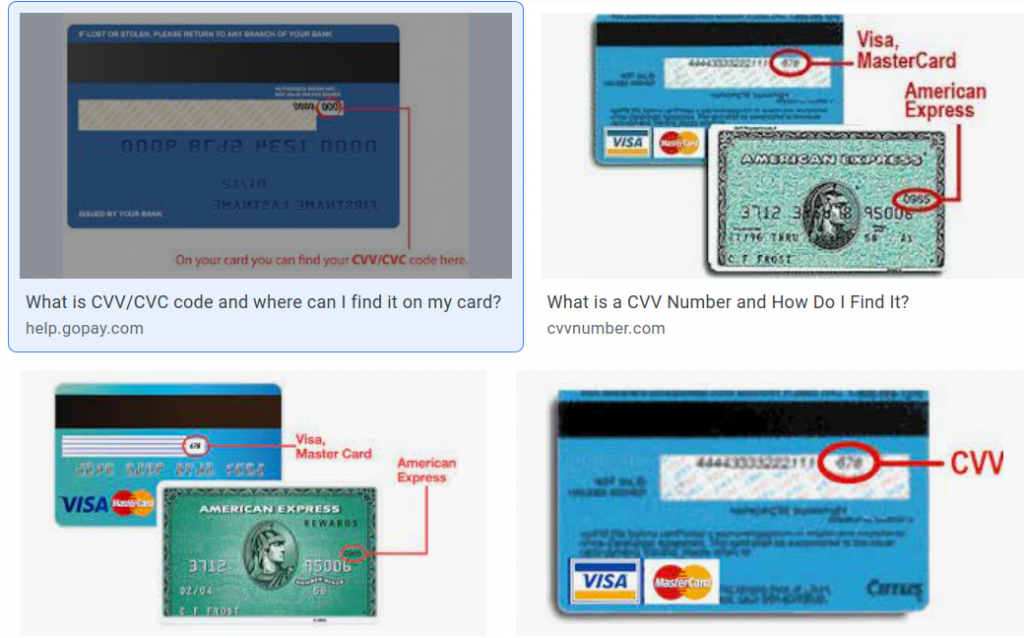Deep in the recesses of the Internet lies the Dark web. While there’s plenty of good that modern technology has provided, some parts can harm us and are best to avoid.
We hear about data breaches and multimillion-dollar corporations getting hacked into on the news almost every day. What happens to that information once it’s in the hands of the hackers? They can sell that data on the black market – the marketplace that usually provides traditionally inaccessible items.
One category of items found on the black market is everything to do with credit cards – the buying and selling of dumps, their CVVs, and Fullz. Here’s a short guide going into what those terms mean:
Content:
CVV Shops
Although they share the same initials, CVV on dark websites is not the same as the number found on the back of your credit card. The latter CVV, the card verification value, is usually a 3-digit code and essential to verify purchases. CVV on the deep web instead refers to the information that comes along with the card. It usually includes the cardholder’s name and address, the card’s number and expiry date, and of course, a CVV code to go with it.
A CVV shop will sell valid CVVs, generally for a low price. Once a customer purchases one, it’s up to them to test whether the card and information work. They can try it on purchases that usually need this kind of information, for example, at an online retailer. Once the purchase is made, it doesn’t automatically inform the customer that the credit card works. There’s still a chance that the transaction will be voided if the card company detects a fraudulent charge took place. It’s only once the purchase arrives that the customer knows if they can continue using a card.
How do you avoid getting your CVV stolen? CVVs don’t get stored on a website’s servers (for security reasons), so even if a retailer hacks into Amazon, for example, they can’t access your information. That’s mainly due to Amazon’s security protocols, so it’s best to stick to reputable websites with security encryption and maybe also install antivirus software to block potential malware. It’s also a good idea to avoid opening suspicious email attachments or replying to unknown accounts on social media or other community platforms.
CVV vs. Dumps
As mentioned above, CVV refers to the credit card records bought at a CVV shop. Dumps are also credit card records but in their raw form (what’s on the magnetic strip of your credit card). Since this data is physically tied to the card itself, hackers need to skim the card. That can happen when it gets swiped on a POS device – the machines you swipe your card through to pay – or if hackers compromised the retailer’s network. Since they can obtain data in its purest form, it can be transferred onto a new credit card and used in physical stores. This makes it more valuable than CVV, which is limited to only online purchases.

Can someone call me asap I need help with this site first time on it 9545570820 also have money on it